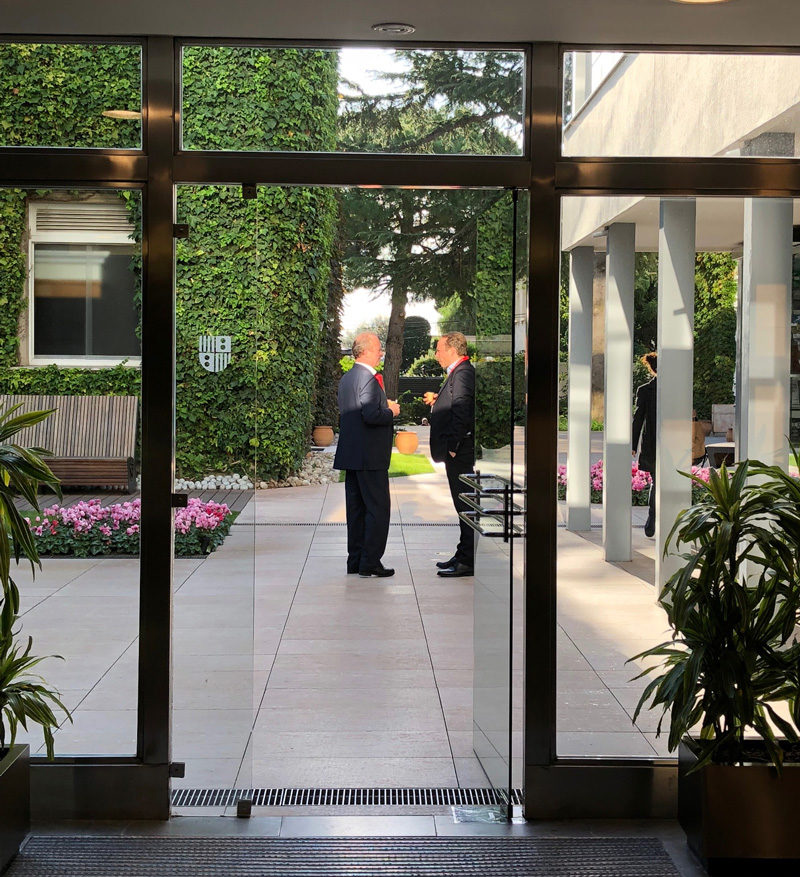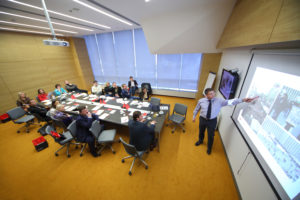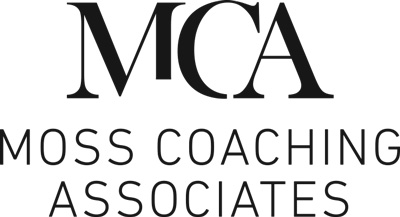“Trust is the lubrication that makes it possible for organizations to work.”
Warren G Bennis

Healthcheck
Since the Financial Reporting Council Report last year much has changed for companies. They now typically run a health check at regular intervals on their board for their stakeholders. The aim is to ensure they are operating efficiently and the governance is as it should be.
And while it’s an extra piece of workload for everyone involved, it does bring a sense of confidence that a board is performing properly.

A health check can flag up issues that provide a valuable early warning system for items that could cost a company dear later on.
Depending on the size of the board, the frequency of its meeting and members’ availability, we can run a process in around ten weeks. A good brief, a questionnaire followed by an observation and a set of one to one interviews provides us a good snapshot to make an assessment.
The output is a report and a presentation to the board that can be viewed as a standalone piece of work or an initial review for something more substantial.
When things have to change
What happens if there’s a feeling that not everything ticks as positive? What if some on the board sense that things are stuck, or the group is not working collectively is just plain ineffective?
Very often there’s pressure for change. Whom do you turn to, to get help?
There are some search firms who offer the service, but this route can add to instability.
Consultants don’t have this problem, but here there are issues too. They might have a go at ‘fixing’ the problem, but they need to have both the management experience and the specific industry knowledge to be effective. Such people aren’t easy to come by and results can be mixed.
A coaching approach
There is a third way to help a board become more effective, and it’s a technique which you could call a ‘coaching approach’.
Essentially, it’s about mirroring the behaviour of the board back to themselves.
We don’t bring opinions or directions. We behave like a reflective surface shining back the insights and observations that define key moments. Our conversations bring out every individual’s views into the room, testing and challenging established assumptions and inviting discussion around them.
We also reflect back to the Board the way in which they are perceived by non-members who have to interact with it. Are they what they seem? Are they a supportive body or one to be feared? How united are they together? How do they behave in the room? How good is the Chair at bringing out all the talent around the table and making decisions on the right issues? Is the Board perceived as decisive or stalling? How does the executive perceive the Board? How do they work together? Does it ‘leak’ vital information rather than choose a more solid form of dissemination?
These are some of the questions that we work through.
Together, they enable the group to really see itself and answer its own questions.
It’s a very powerful technique and in many ways is both the safest and most effective option.
Each review is different and tailored to the questions they want examined: The project will start with a sponsor setting out various themes for exploration and this is fine tuned to a few questions that we then research before presenting a strategy to deliver the report.

What are your goals for this year?
What ever they are we will help you get there.
_
Joanna Moss
Tel +44 777 564 1441
Email: joanna@mosscoaching.com
UK registered company No:11642338
